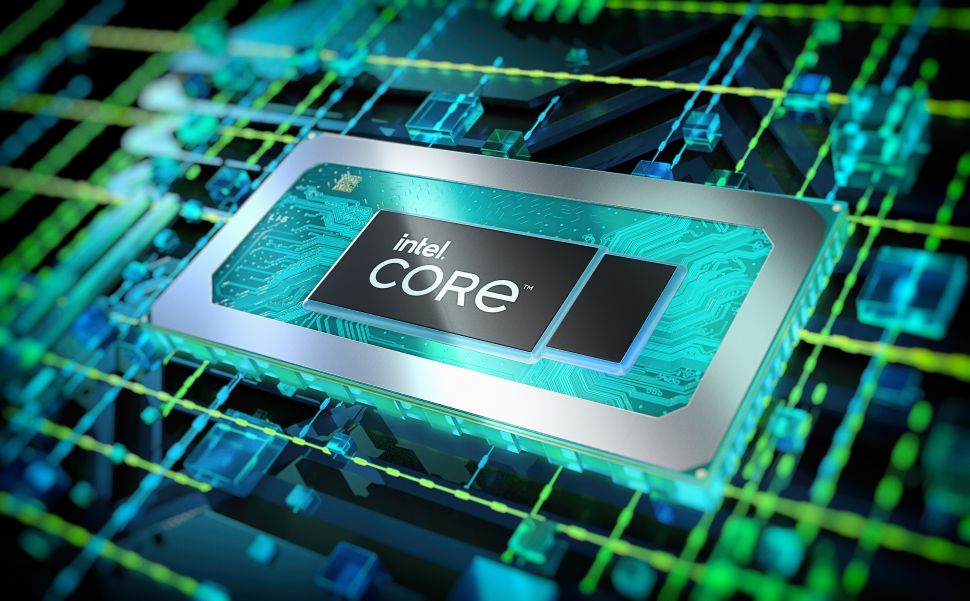According to a report on Nikkei Asia, Intel has informed its clients about its plans to raise prices on its processors and peripheral chips this fall. “According to three industry executives with direct knowledge”, the alleged root cause of rising chip production costs are the surging costs of electricity, raw materials, transportation, and labor. Inflation is also seen as another factor that requires Intel to hike its prices. Take the news with a pinch of salt for now.
According to the report, Intel plans to raise prices on virtually all of its products, including processors for client PCs and servers, Wi-Fi chips, and various controllers. The possible hikes could vary on a product by product basis. From a minimal single-digit increase to 10% – 20% on some SKUs.
Among the products that could be more expensive this fall are ‘flagship’ CPUs for desktop and notebook PCs (which are among the best CPUs for gaming) and servers, which will have a significant impact on PC makers, server suppliers, and even operators of hyperscale datacenters that buy tens of thousands of processors.
According to Nikkei Asia, Intel confirmed that it had started to inform its customers about impending price hikes, but declined to comment how significantly the company will increase them.
“On its Q1 earnings call, Intel indicated it would increase pricing in certain segments of its business due to inflationary pressures,” a statement by Intel published by Nikkei reads. “The company has begun to inform customers of these changes.”
Intel produces the majority of CPUs for client PCs, embedded systems, and servers. In addition, the company is a leading supplier of Wi-Fi, Ethernet (both for client systems and datacenters), FPGAs, and many other products. A major price hike by Intel will inevitably affect the whole industry given the wide range of products its supplies to thousands of its customers worldwide.
What remains to be seen is whether other industry leaders will also raise their prices following Intel and citing similar reasons. Companies like AMD, Nvidia, Xilinx (now part of AMD), Marvell, Realtek, Phison, Silicon Motion, and many others serve the same or adjacent market segments and experience the same problems as Intel. So, if the giant company increases its quotes, its rivals may choose to maintain their prices, sell more and grab some market share from Intel; or increase their pricing without any fear of losing market share to the blue chipmaker.
Intel reports its Q2 2022 on July 28, so this is when we might here some additional information about incoming price increases.

